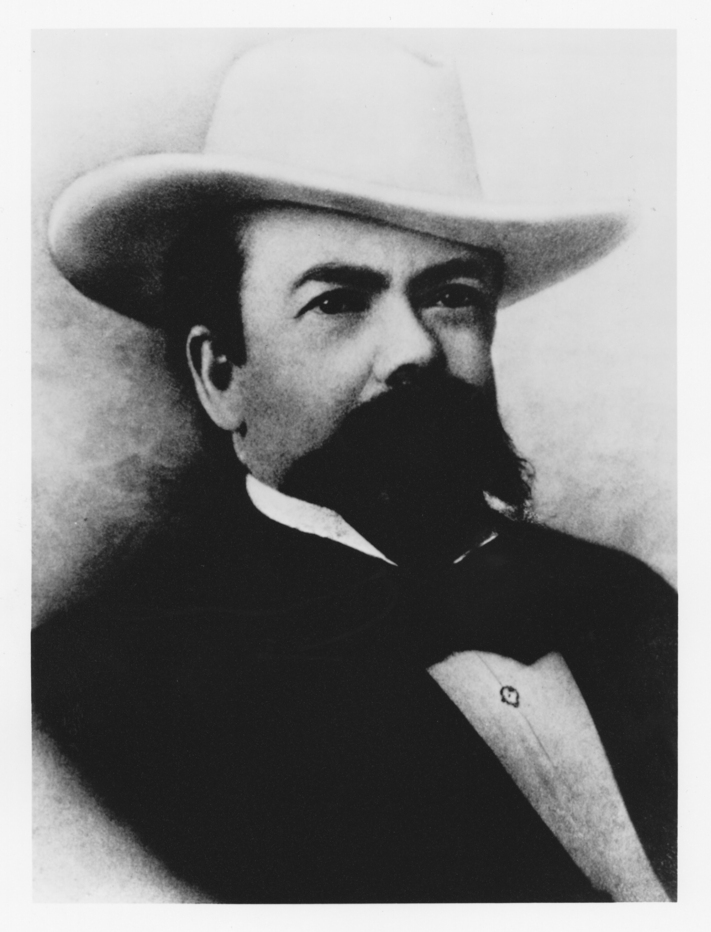
Future otolaryngologists must apply for and be accepted into an accredited medical school.Ĭoursework in medical school includes biological, physiological, and biochemical sciences, in addition to laboratory training and experience. Toward the end of the undergraduate program, the student will need to take and pass the Medical College Admission Test (MCAT) in order to apply for medical school. Typical majors include pre-medical, biology, anatomy, chemistry or biochemistry, although there is no specific requirement for undergraduate major. An otolaryngologist receives education in general medicine and specializes in the ear, nose and throat region.Īn undergraduate degree is the first step in becoming an ear, nose and throat doctor.
Total wine near me 33311 license#
A medical degree and a license are required to practice otolaryngology. The American Board of Otolaryngology (ABO) is the certifying organization for ear, nose and throat physicians.
Total wine near me 33311 how to#
How to become an Ear, Nose and Throat DoctorĪpproximately 15 years of education and training is required to become a licensed otolaryngologist. Otolaryngologists treat infections of this area as well as benign (non-cancerous) and malignant (cancerous) tumors, facial trauma and deformities of the face, including plastic and reconstructive surgery (AAO, 2017). Head and neck- Sight, smell, hearing and appearance of the face are all aspects of the head and neck region. Ear, nose and throat doctors have expertise in managing diseases of the throat, larynx and upper digestive tract (esophagus), including voice and swallowing disorders (AAO, 2017). Throat- The throat is vital for communicating (speech) and eating. Otolaryngologists specialize in care of the nasal cavity and sinuses, including in problems such as allergies, smell disorders, polyps and nasal obstruction due to a deviated septum (AAO, 2017).

Nose - Chronic sinusitis is one of the most common health complaints in the United States, with almost 35 million cases reported every year.

Ear, nose and throat doctors are trained on the medical and surgical treatment of hearing loss, ear infections, balance disorders, ear noise (tinnitus), and some cranial nerve disorders, in addition to congenital (birth) disorders of the outer and inner ear (AAO, 2017). They receive extensive education and training in the respiratory and upper alimentary systems, communication sciences and chemical senses.Įars- Hearing loss affects one in ten people in the United States. To view this video please enable JavaScript, and consider upgrading to a web browserĪn otolaryngologist utilizes medical and surgical skills to treat their patients.


 0 kommentar(er)
0 kommentar(er)
